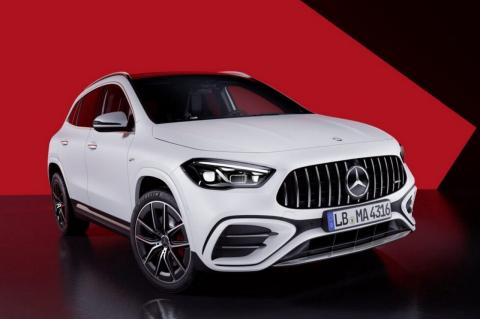The new battery passport, which defines the origin of the materials with which it is manufactured, could become a future problem for the electric car.
The electric vehicle market is experiencing too many changes in a very short period of time. This means new challenges for car manufacturers who live in times marked by inflation and the scarcity of materials for the manufacture of cars, such as the well-known microchips.
To these can be added new challenges and difficulties for the global automotive industry in its commitment to electric cars as the only mobility solution for the future. The next big challenge seems to be related to the battery passport, an element that could be the problem of the future for the electric car.
Battery passport, the element that could be the problem of the future for the electric car
According to reports from Business Insider, this passport for electric batteries is “a new way of documenting the origin and destination of all the components of a battery.”
It is an initiative of the Global Battery Alliance, a public-private partnership formed at the 2017 World Economic Forum made up of public interest groups and automotive companies, battery manufacturers and mining companies.
The battery passport was first discussed in 2020 and the alliance plans to launch a proof of concept early next year to test its feasibility.
With this passport, it is expected to “trace the path of a battery from the extraction of the raw material, through the processing and manufacture of the cells, to recycling or taking advantage of the second useful life, to help the manufacturers of batteries help car companies to meet production targets and sustainability guidelines.
Three main pieces of information will be included in the passport: technical data about the battery, including manufacturing history and recycled materials; the monitoring of the materials used in it and the sustainability indicators of the battery, which are related to its carbon footprint and any human rights issues.
Some experts say that the battery passport, although it is not a mandatory requirement for manufacturers of electric cars and batteries, could be a key element to distinguish themselves from the competition.










